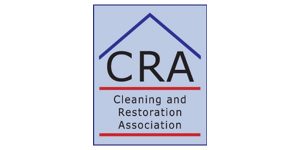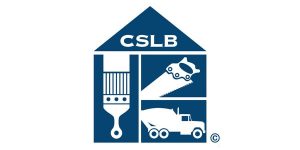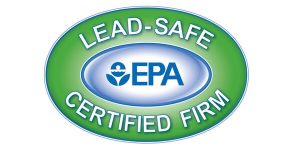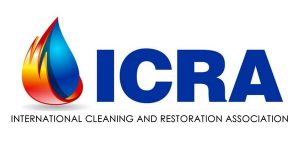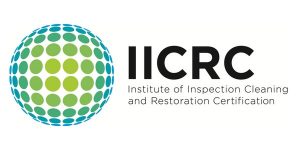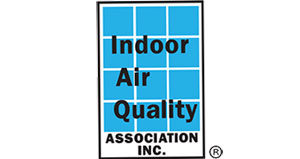
Don’t wait until it’s too late to prevent mold and other water damage. Basic home maintenance tips and a watchful eye can go a long way to help to prevent home and small business disasters. That’s doubly important. If you don’t take reasonable maintenance steps insurance is unlikely to approve any claims for restoring your home. After a little explanation, we’ll give a brief home maintenance checklist covering some of the more important inspection and prevention tasks.
Dampness and Mold
All mold needs to get going is a bit of lingering moisture, whether from a leak or just high humidity. So it’s most often a problem in the bathroom during the winter when windows are kept shut. Seasonal maintenance to control moisture & prevent mold growth is most important in the fall. But considering the health risks and the cost of mold removal, keep an eye out for damp areas throughout the year.
Water Damage
Travelers Insurance notes that 1/4 of all property insurance claims are the result of water damage (https://www.travelers.com/resources/home/maintenance/how-to-prevent-water-damage.aspx). So what’s the major cause? Winter storms? Hurricanes? Nope. It’s appliances, plumbing, and roofs, pretty much in that order. Burst washing machine hoses are a big culprit, with water heaters, dishwashers and refrigerators close behind. Yes, refrigerators! Ice maker lines and old-style freezers can defrost and flood.
Old plumbing, faucets, toilets, tubs, and showers are also common water leaks. Condensation in air condition systems (as well as on windows in winter) can be a problem. Roofing, windows, doors, and any electrical or plumbing connections that penetrate the outside of the building can also be a source of water intrusion.
Home Maintenance Checklist
In our busy lives, most of us have forgotten the routine of seasonal maintenance, perhaps due to the dreaded spring cleaning. But it’s important to make time for the steps to prevent big disruptions and expenses later.
Every Season
A change of season is a great reminder for maintenance tasks that should be performed every few months as measures that help to prevent problems, emergencies, and outright disasters.
- The batteries in your smoke alarms should be checked at least once per quarter, preferably monthly.
- You should check your clothes washer hoses for cracks and kinks. Replace them if you have any doubts — they should be replaced every 5 years regardless. Steel-braided types are by far less likely to rupture and are well worth the small added expense.
- Check your sinks (including underneath inside the cabinet) as well as around the toilet for leaks.
It’s also a good idea to check for lint build-up in your dryer vent at least every season as it’s a serious fire hazard.
Fall
There’s a lot to be done in the fall in preparation for winter months of cold and rain. Schedule yourself to do a few each week. Otherwise, you’ll find yourself doing them out in the cold or risking mold and water damage problems.
- Clean your gutters so that water doesn’t back up and make its way into eves and under shingles. An overflowing gutter also dumps water right at your home’s foundation. They were installed precisely to prevent that!
- While you’re up there check out the roof for any damage from wind or tree limbs. Also, check the general condition of shingles — they dry up and become brittle under summer sun’s heat and UV rays.
- Check the weather stripping on doors and windows. They prevent heat, water, and humidity leaks.
- Prune trees so that limbs don’t brush against the roof or walls. Remove limbs that are unhealthy or damaged.
- Inspect the attic and crawl space for signs of water leaks or moisture accumulation.
- If you have a sump pump, make sure it’s in great working order.
- Insulate external hose connections to protect against freezing.
- Shut down and sanitize your evaporative cooler.
- To help prevent mold, make sure that bathroom and kitchen exhaust fans are working properly.
These steps all help to prevent water damage. You should also consider professional chimney cleaning every few years to prevent fires from a build-up of highly flammable creosote. Did you know that even in the 21st century there are some 26 thousand chimney fires in the US each year?
Winter
Now that you know how to prepare for winter, there are only a few more things to do indoors.
- Check the caulking around tubs, showers, and sinks. These let in dampness that then becomes trapped.
- On particularly cold mornings look around for condensation on windows and toilets, as well as on pipes inside cabinets or in the garage.
Spring
With mild temperatures returning, spring is a good time to catch up on exterior inspection and maintenance steps.
- Has your central air conditioner inspected and tuned up in preparation for summer use? That not only saves energy, but a clogged drain tube or other problem could lead to water damage.
- Check your roof for any damage that may have occurred during winter storms.
- Clean your gutters (yes, again). Soon any debris will be a fire hazard.
Spring is also a good time to take action on some fire safety tips. Clear away brush, weeds, and leaves near your home and make sure your fire extinguishers are in good shape (gauge needles in the green zone). Most should be recharged after 5 years and replaced after 10 years.
Summer
Summer is vacation time, except for those every-season items. It’s a good idea to have your furnace inspected each year before any chance of a cold snap.



